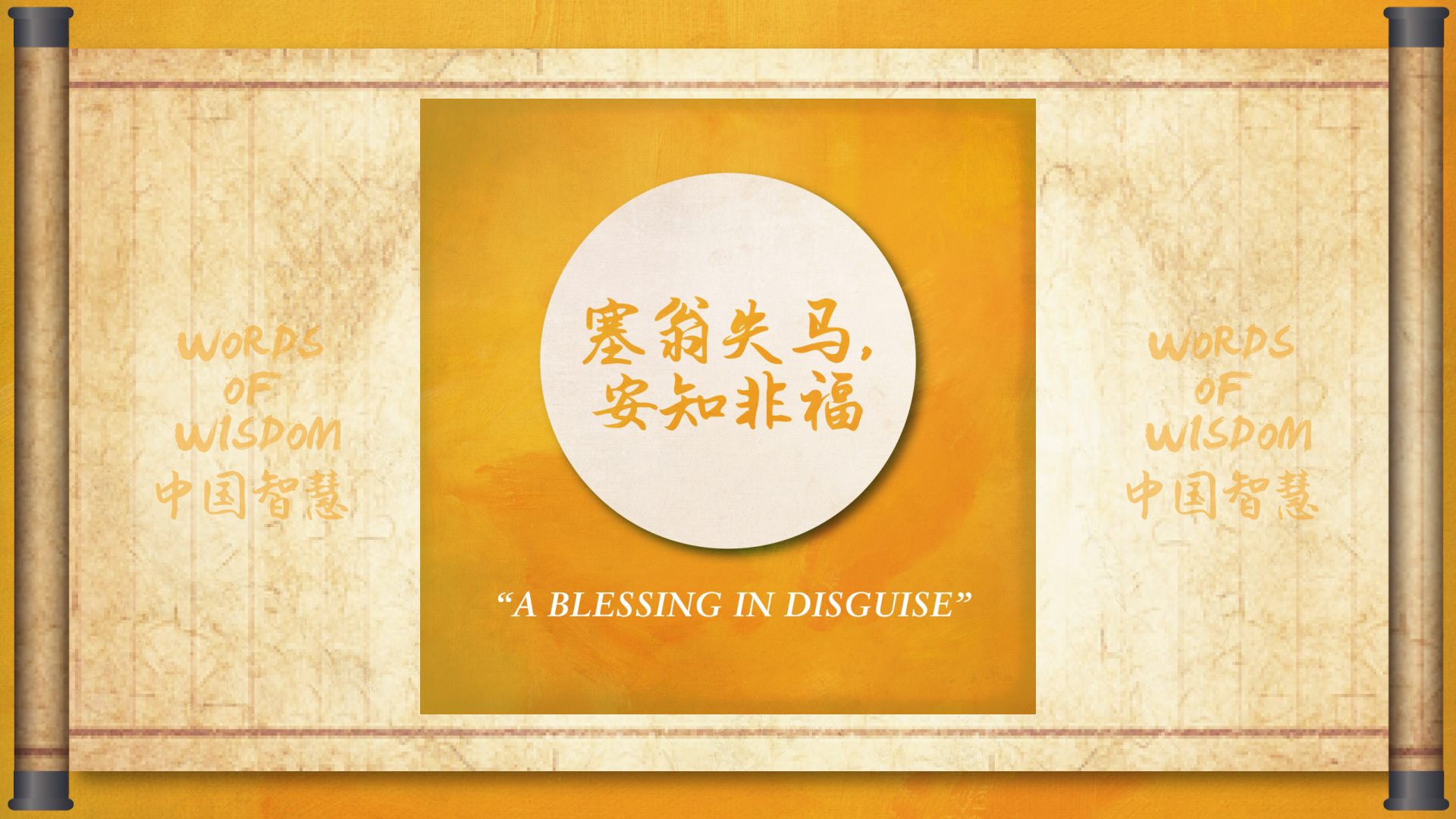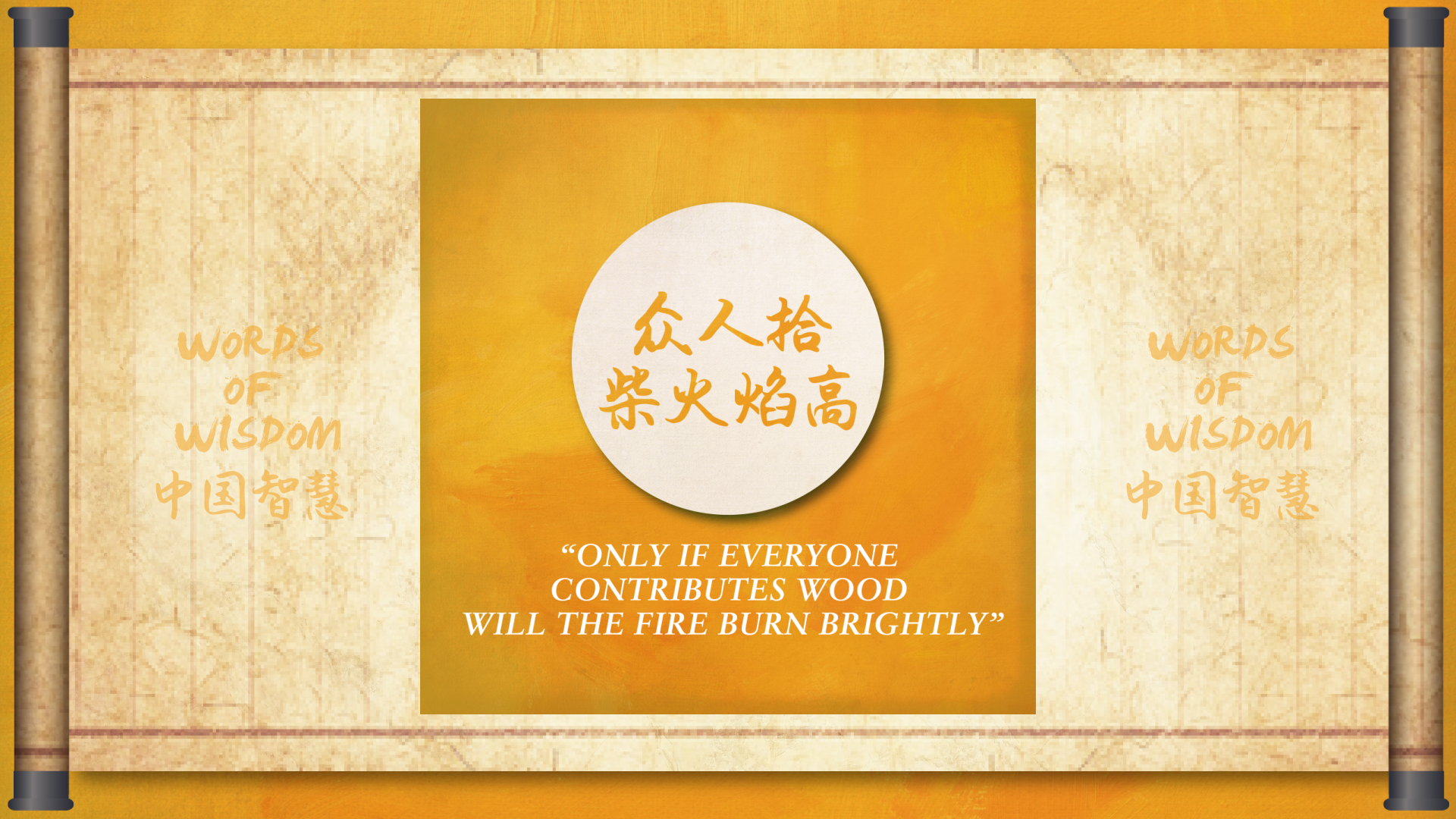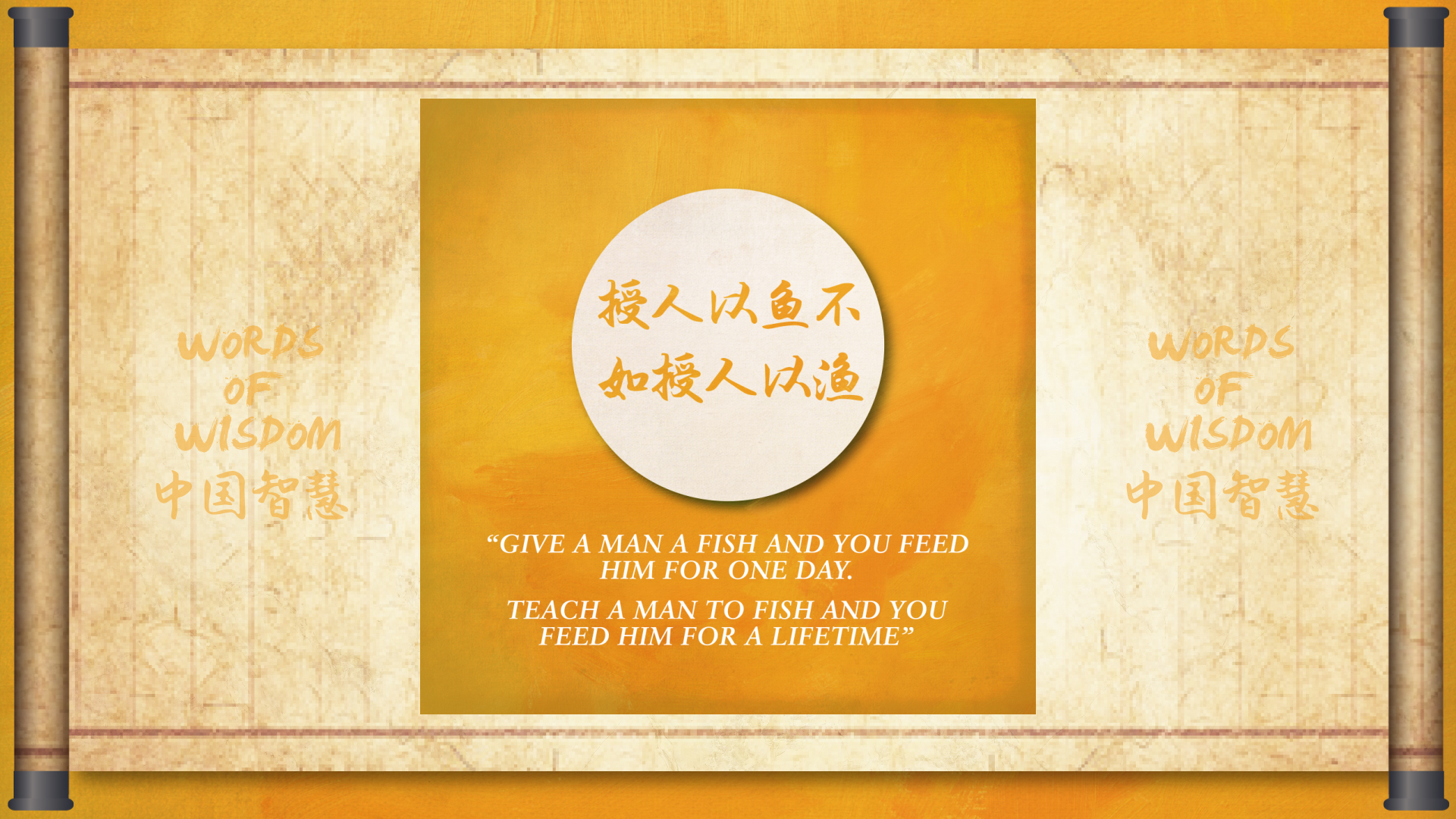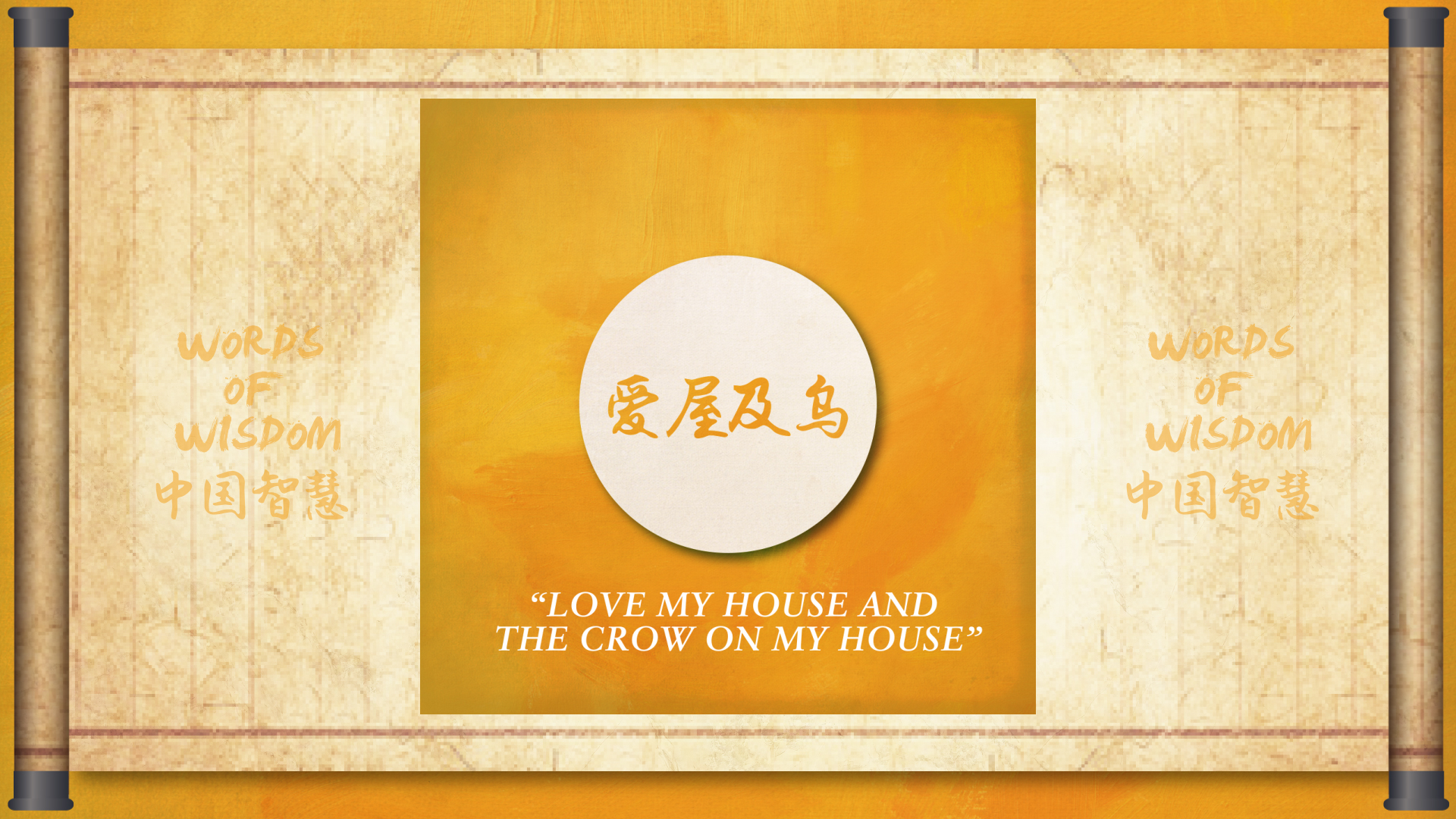Through the story of humankind, people have learnt from experience and stored wisdom in stories and proverbs. Here are some Chinese proverbs that give wise counsel in a few short words – and a longer explanation of what they mean.
01:08

塞翁失马,安知非福 – Blessings in disguise
Our first proverb comes with a story.
Once upon a time, a stableman lived in a border area – and one day, a horse escaped from the stable and ran across the border to where a nomadic tribe lived. Instead of being upset, the stableman smiled and said, "It may turn out to be a good thing that my horse is lost."
After a few months, the horse returned – along with another fine steed. The stableman's neighbors congratulated him, but he said "Are you sure it's a good thing to get this horse for nothing?" Sure enough, the stableman's son rode the new horse – and fell off, breaking his leg. The neighbors consoled the stableman, but he repeated "It might be a good thing!"
Soon afterwards, the nomads invaded and all the young men were drafted to serve as soldiers – but the stableman's injured son sat out the war… and the neighbors finally understood the stableman's wisdom.
Not everything in life is straightforward. As the English idiom has it, bad things could be "a blessing in disguise" – and every bad situation could have a positive effect, just as "every cloud has a silver lining."
00:50

吃一堑,长一智 – Learning from mistakes
"A fall into a ditch makes you wiser" – or, more poetically, "A fall into a pit, a gain in your wit".
There are similar sayings in English, such as "Failure is the mother of success" and "Nothing succeeds like failure." The idea is that we can all learn lessons from what we do wrong – and the education can make us better for the future.
00:45

众人拾柴火焰高 – Teamwork
"Only when everyone contribute wood will the fire burn brightly."
This saying is a call for unity and collective action, because when everybody gathers fuel, the flames are higher; the more people working toward the same goal, the more strength you can call upon.
A related English idiom is "Many hands make light work," but it was perhaps best expressed as recently as 2002 in the title of a book by John C Maxwell: "Teamwork makes the dream work."
01:10

授人以鱼不如授人以渔 – Education
This one translates as "Teaching a man to fish is better than giving him a fish." A fuller version might read "Give a man a fish and he'll eat for a day; teach him how to fish and he'll eat for a lifetime."
It's an arrestingly simple concept (presumably from before the era of over-fishing) that is often used in political arguments – from both sides. Small-state adherents use it to campaign against government handouts – but their opponents note that the proverb's strong recommendation is for widespread education…
01:00

爱屋及乌 – House and crow
Not all Chinese idioms have a close English equivalent, although when we get to the end of this proverb's origin story we'll suggest one – see if you agree.
According to an ancient Chinese superstition, the crow is an unlucky bird – and the family of whatever house it lands upon will suffer poor fortunes. However, if you truly love someone, that should extend even to the crow atop their house.
That's the meaning of the saying "爱屋及乌" – literally, "Love house and crow." Perhaps the closest English relation is "Love me, love my dog" –a similar expression insisting on total acceptance of a person, whatever their foibles and shortcomings.